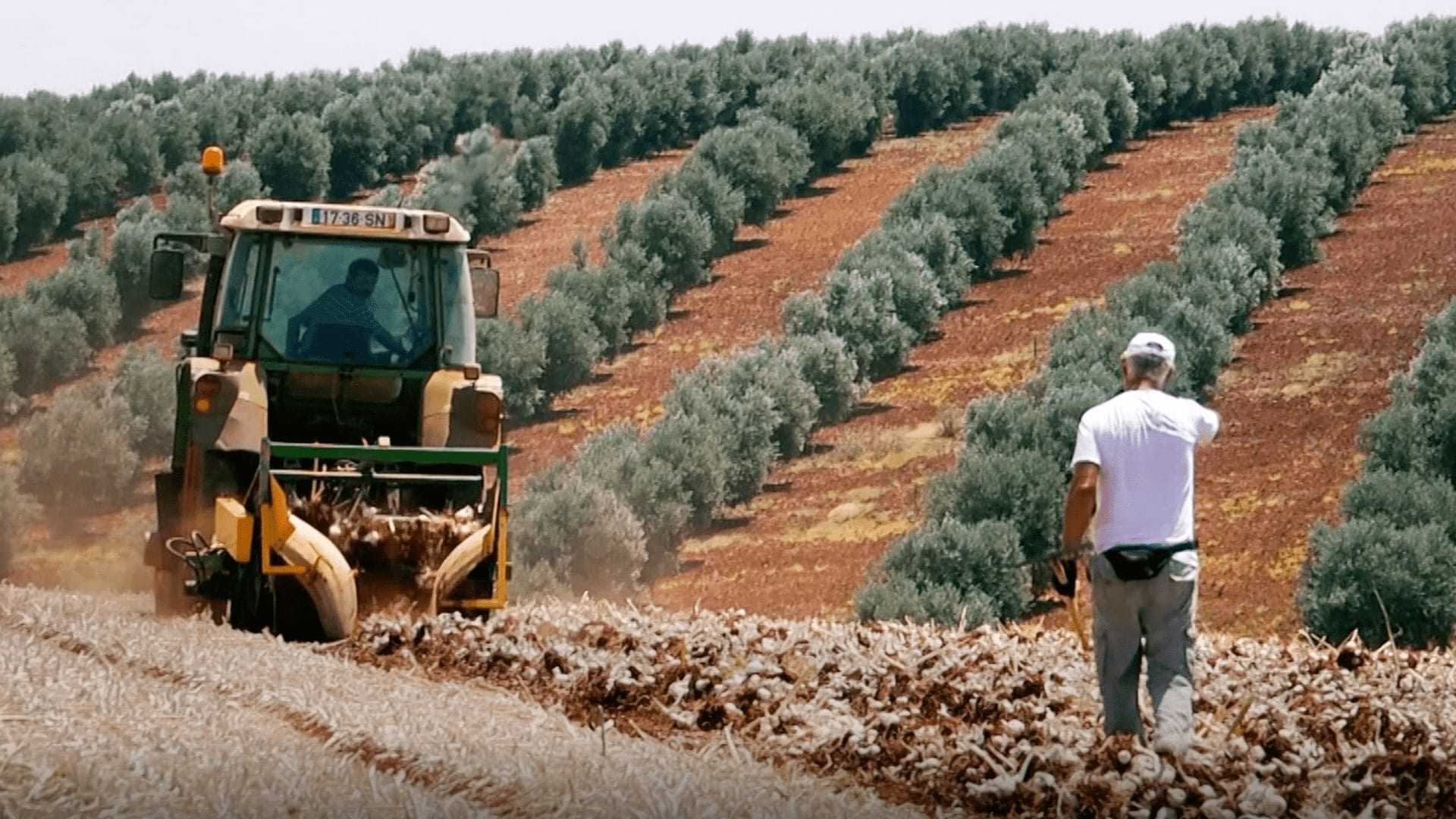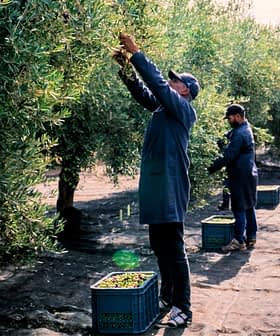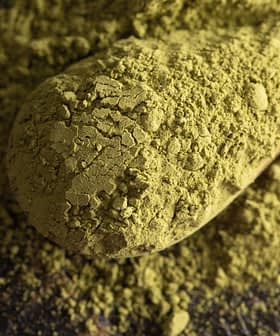Portugal Invests in Exports, Promotes Mediterranean Diet

The Portuguese Ministry of Agriculture has launched the Terra Futura initiative with no fixed budget, aiming to achieve five main goals over the next decade, including increasing agricultural exports and mitigating climate change impacts. The initiative includes plans to use byproducts from olive oil production for renewable energy and create innovation network centers across the country, with an emphasis on promoting the Mediterranean diet in Portugal and strengthening economic ties with China.
The Portuguese Ministry of Agriculture has launched a new initiative to bolster the country’s agricultural sector, which has the distinguishing feature of having no fixed budget.
Maria do Céu Antunes, the country’s minister of agriculture, said the initiative is separate from but aligns with the goals of the European Union’s Common Agricultural Policy and several other similar initiatives.
See Also:European Farmers Ask E.U. Not to Cut Agricultural Spending from New BudgetThe Terra Futura initiative outlines five main goals that it seeks to achieve over the course of the coming decade:
- increase the number of sustainable farming operations
- greater adherence to the Mediterranean diet
- increase in the number of young farmers
- more research and development
- increase the value of agri-food production
The ministry plans to achieve the five goals through fifteen initiatives, which have been divided into four overarching categories. The Portuguese government hopes that following through with the plan will help mitigate the impacts of climate change and increase its agricultural exports, including olive oil.
Among the ways the initiative may be implemented, the ministry cited the use of byproducts from olive oil production.
Similar to what is happening in Spain, do Céu Antunes said that waste byproducts from olive oil production could be transformed into biomass, a form of renewable energy, which may be used to power olive mills or sold onto the wider energy matrix.
The initiative also calls for the creation of 24 “innovation network” centers, which will be spread across the country. According to the ministry, one of these centers would be solely dedicated to promotion of the Mediterranean diet in Portugal.
Separate from the ministry’s initiative, but in the same vein, the Portugal-China chamber of commerce has been meeting recently to discuss economic ties between the two countries.
On the agenda is the recently announced Casa de Portugal project, a new platform that will help sell and promote Portuguese products such as wine, honey and olive oil – all of which are in high demand in the world’s most populous country – to Chinese consumers.
If all goes according to plan, by 2030 the ministry hopes to:
- increase overall food output by at least 15 percent
- increase funds for R&D by 60 percent
- expand sustainable agriculture to make up at least half of all operations in the country
- raise adherence to the Mediterranean diet by 20 percent
- have 80 percent of young farmers working in low-density agricultural areas
The relevance of exports in the plan was emphasized by the ministry. According to Do Céu Antunes, the National Statistics Institute has reported that “agricultural exports between January and July 2020 have grown five percent when compared to the same period of the last year.”









